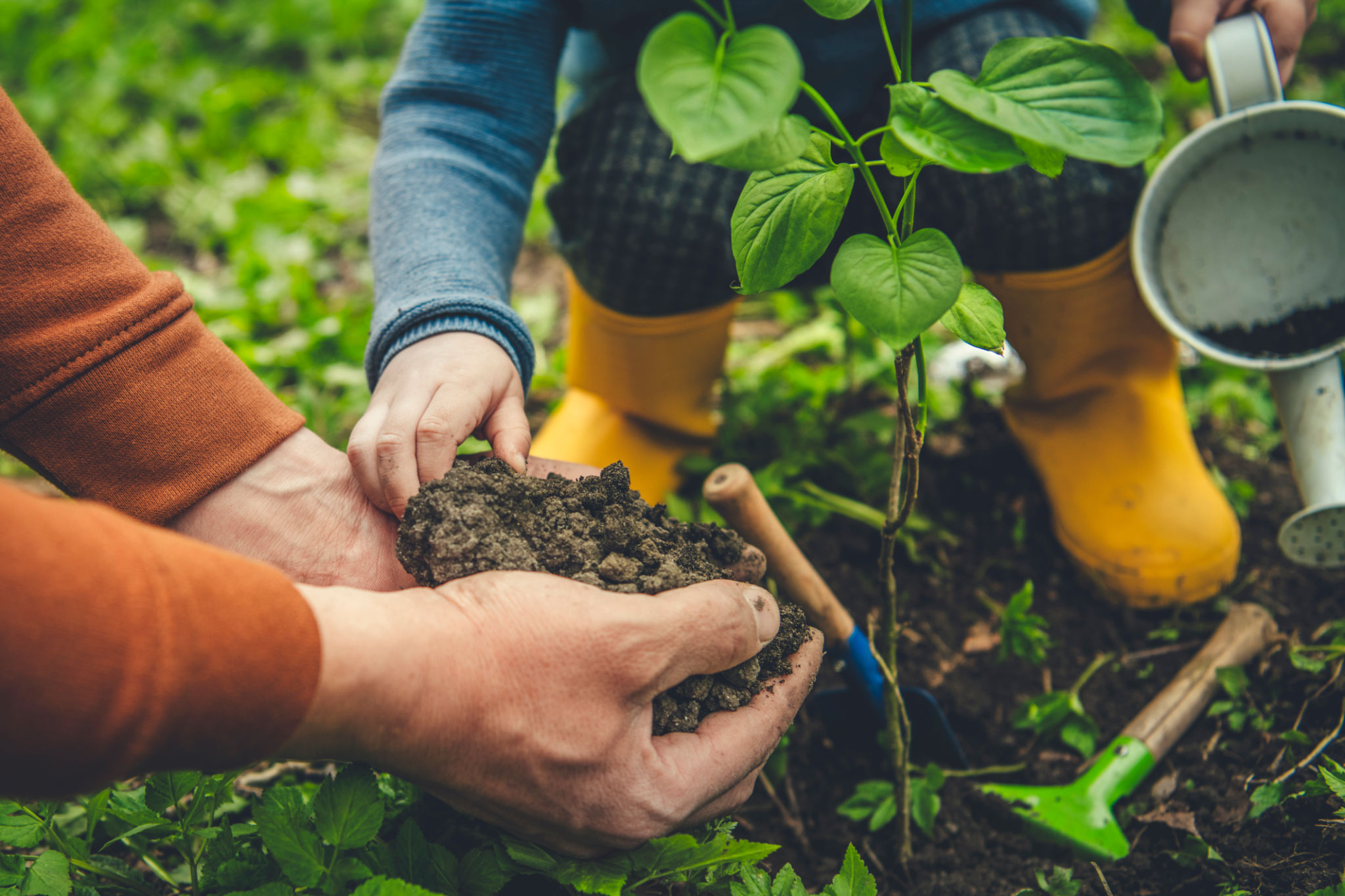Sustainable Gardening Practices for Dornsife Landscapes
Understanding Sustainable Gardening
Sustainable gardening is a practice that embraces nature's principles to create a harmonious and environmentally-friendly landscape. It involves thoughtful planning and the judicious use of resources to minimize environmental impact. For those in Dornsife landscapes, adopting sustainable gardening practices can significantly enhance the local ecosystem and promote biodiversity.

Choosing Native Plants
One of the most effective ways to ensure sustainability in your garden is by selecting native plants. Native species are adapted to the local climate and soil conditions, which means they require less water, fertilizer, and pest control. In Dornsife, native plants can thrive without much intervention, supporting local wildlife and reducing the need for chemical inputs.
Consider incorporating a variety of native plants to provide a diverse habitat for pollinators like bees and butterflies. This not only beautifies your garden but also helps preserve the natural balance of the ecosystem.
Efficient Water Use
Water conservation is a crucial aspect of sustainable gardening. Implementing rainwater harvesting systems, such as rain barrels, can significantly reduce reliance on municipal water supplies. Additionally, using drip irrigation systems can deliver water directly to the plant roots, minimizing evaporation and runoff.

Mulching is another technique that helps retain soil moisture, suppress weeds, and improve soil health. Organic mulches like straw or wood chips decompose over time, enriching the soil with essential nutrients.
Soil Health Management
Healthy soil is the foundation of a thriving garden. Practices such as composting and crop rotation can enhance soil fertility and structure. Composting kitchen scraps and garden waste creates a nutrient-rich amendment that improves soil health and reduces waste sent to landfills.
Crop rotation prevents pest buildup and soil nutrient depletion. By rotating different plant families in your garden beds each season, you can maintain soil vitality and productivity without relying on synthetic fertilizers.

Pest Management
Integrated pest management (IPM) is a sustainable approach to controlling pests. This method combines biological, cultural, physical, and chemical tools to manage pest populations in an environmentally-friendly manner. Encourage natural predators like ladybugs and birds to inhabit your garden by providing suitable habitats.
Avoid using broad-spectrum pesticides that can harm beneficial insects. Instead, focus on targeted solutions like insecticidal soaps or neem oil when necessary. Regular monitoring of pest levels can help you take action before infestations become problematic.
Creating Wildlife Habitats
A sustainable garden is not just about plants; it's also about creating habitats for local wildlife. Birdhouses, bat boxes, and bee hotels can invite beneficial creatures into your garden, enhancing biodiversity and aiding in pollination and pest control.
Provide a variety of food sources by planting fruit-bearing shrubs and flowers with staggered bloom times. This ensures that wildlife has access to nutrition throughout the year, further strengthening the ecological network within your garden.
